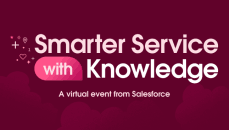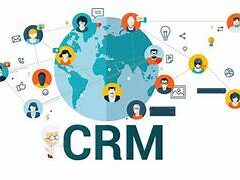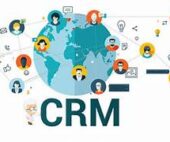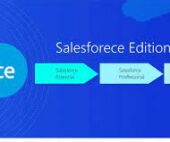A year following Salesforce’s introduction of the Einstein Trust Layer, aimed at safeguarding against the potential pitfalls of implementing Generative AI (GenAI) in enterprise settings, the discourse surrounding GenAI has remained both intriguing and cautionary. Business leaders are navigating its optimal applications to enrich customer and employee experiences. Enter Unified Knowledge in Salesforce.
Unlocking the Power of Unified Knowledge
The Einstein Trust Layer addressed critical concerns about GenAI, focusing on mitigating unwanted behaviors and preserving customer and corporate privacy. However, the current hurdle facing GenAI adoption pertains to data management. The efficacy of GenAI hinges on access to comprehensive and pertinent knowledge. This underscores the challenges in aggregating and accessing the right information, prompting Salesforce’s recent unveiling of Unified Knowledge in collaboration with Zoomin. This initiative aims to streamline data utilization across platforms, facilitating seamless integration of corporate data.
Challenges in Data Aggregation and Preparation
Enterprises typically grapple with fragmented data across various systems. Integrating disparate data formats and siloed systems poses a formidable challenge. Historically, the absence of automated systems to extract insights from unstructured data hindered effective data preparation. However, the advent of GenAI has underscored the need for advanced solutions to access extensive data repositories effortlessly. Salesforce’s partnership with Zoomin addresses this need, offering sophisticated tools to simplify data aggregation and preparation.
Zoomin’s Role in Enhancing Salesforce Capabilities
Zoomin’s technology facilitates integration with diverse third-party data sources, including Google Drive, AWS S3, Zendesk, and other Salesforce orgs. Beyond integration, Zoomin streamlines data preparation and integration processes, fostering a structured approach to managing unstructured data.
Standardization through Taxonomy: Zoomin categorizes data into a hierarchical structure, enabling organizations to standardize content classification. This taxonomy is instrumental in aiding GenAI’s comprehension and retrieval of relevant information.
Enhanced Search and Filtering: Tags and facets defined in the taxonomy facilitate refined searches, enhancing accessibility to specific content based on various parameters.
Automated Categorization and Syncing: Zoomin’s auto-categorization features automate document classification according to the defined taxonomy. This ensures data remains current and organized within Salesforce’s ecosystem.
Zoomin’s technology alleviates manual data preparation efforts through features like content tagging, auto-categorization, and seamless syncing with Salesforce Knowledge. For instance, technical manuals stored in Google Drive are automatically categorized, tagged, and synced with relevant sections in Salesforce Knowledge, ensuring quick access to accurate information.
Unlocking the Power of Unified Knowledge
Salesforce and Zoomin’s collaboration exemplifies efforts to harness distributed knowledge resources effectively. Unified Knowledge, currently in open Beta, is set to enhance GenAI capabilities and streamline data management. However, knowledgeable employees are essential for initial tagging to ensure accuracy. This approach ensures precise information delivery, enhancing the intelligence and responsiveness of GenAI-driven service platforms.













